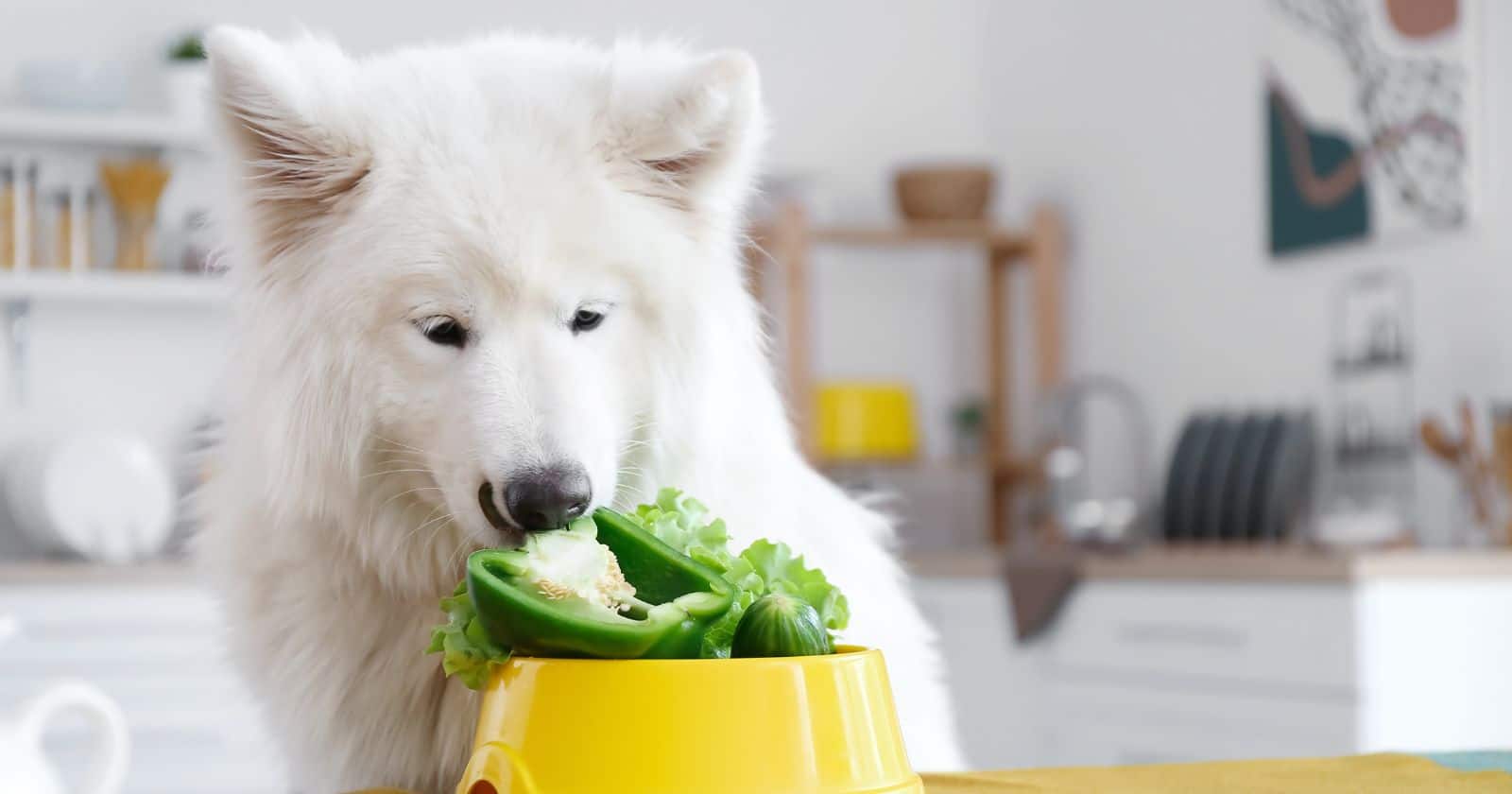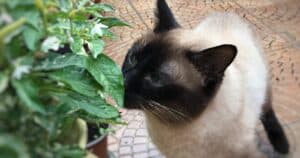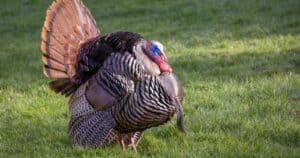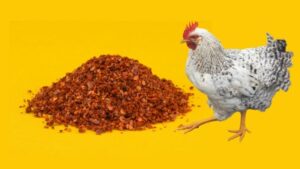Bell peppers are such a tasty treat in the garden. But you might notice some of your prized peppers disappearing before you get to pick them! So what animals are eating your bell peppers?
As it turns out, quite a few critters enjoy munching on these sweet, crunchy veggies.
Insects like aphids, flea beetles, and earwigs are common bell pepper pests. Slugs and snails also love to feast on pepper plants, especially young seedlings.
Some of the biggest culprits are squirrels, rabbits, and deer. These quick and hungry animals can devastate a pepper harvest. Even birds like parrots enjoy snacking on bell peppers.
But don’t worry! This article will give you plenty of useful tips to identify what’s nibbling your plants. You’ll also learn organic, non-toxic methods to protect your peppers and keep animal pests at bay.
Discover what animals enjoy your bell peppers and how to foil them with natural pest control strategies!
Common Pests That Love Munching Bell Peppers
Many insects and other creepy-crawlies enjoy eating bell pepper plants. Watch out for these notorious pests:
- Aphids – Tiny soft-bodied insects that suck plant sap. Cause leaves to yellow and wilt.
- Beet armyworms – Ravenous caterpillars that chew large, ragged holes in leaves.
- Colorado potato beetles – Adults and larvae devour leaves and fruits.
- Flea beetles – Small black beetles that decimate leaves with tiny holes.
- Thrips – Microscopic bugs that suck juices from leaves, causing them to dry out.
- Fungus gnats – Fly larvae in soil that attack roots in damp conditions.
- Lygus bugs – Sap-sucking bugs that deform fruits by feeding on them.
- Earwigs – Nocturnal insects with pincer tails that nibble leaves and fruits.
- Cutworms – Caterpillars that sever pepper stems at soil level.
- Tomato hornworms – Plump green caterpillars with white markings that quickly defoliate plants.
Sneaky Snails and Slugs
Snails and slugs relish young pepper shoots and seedlings. Control these slimy saboteurs with:
- Predators – Attract beetles, centipedes, birds, lizards, and ducks to feast on them.
- Barriers – Block snails’ path with copper tape, crushed eggshells, or diatomaceous earth.
- Natural pathogens – Use parasitic bacteria, fungi, or nematodes formulated to target snails/slugs.
- Iron phosphate – Disrupts snail/slug feeding. Safer than metaldehyde baits.
Thieving Squirrels and Rabbits
Squirrels and rabbits steal ripe bell peppers right off the plant! Stop them with:
- Repellent sprays – Peppermint oil, vinegar, or chili pepper mixtures make plants unpalatable. Reapply after rain.
- Cayenne pepper – Dust plants with spicy powder to irritate squirrels. Avoid any parts you eat.
- Physical barriers – Install fencing or netting to block access. For rabbits, use 1-inch mesh.
- Deterrents – Surround plants with strong-scented marigolds or sprinkle human hair.
Deer – The Ultimate Bell Pepper Adversary
Voracious deer can wipe out a pepper crop overnight. Protect plants with:
- Fencing – Use at least 8-foot tall woven wire or electric fencing.
- Netting – Cover plants with plastic mesh or bird netting.
- Repellents – Apply hot pepper spray, tankage, or soap-based formulas to make plants unappetizing.
- Scare tactics – Try motion-activated sprinklers or clanging pie pans to startle deer away.
- Dogs – Some dogs naturally deter deer from gardens.
Can Turtles Eat Bell Peppers?
You may be surprised to learn that turtles enjoy more than just lettuce and worms! Turtles can actually eat bell peppers as part of a balanced diet.
Bell peppers contain lots of beneficial vitamins, minerals, and antioxidants. The crunchy flesh and soft inner seeds make for a tasty, nutritious treat.
Some types of turtles that enjoy bell peppers include:
- Box turtles
- Red-eared sliders
- Painted turtles
- Snapping turtles
When feeding bell peppers to turtles, be sure to remove the stems and wash thoroughly. Chop into small pieces to prevent choking.
For aquatic turtles, drop chopped pepper pieces into the water. They will nibble as the vegetables sink.
Use bell peppers as an occasional treat. Overfeeding can cause digestive issues. Alternate with other fresh veggies and leafy greens.
Helpful Wildlife That Loves Bell Peppers
Not all wildlife poses a threat to pepper plants. Attract these beneficial critters:
Tree Shrews
Tree shrews snack on the fruits, spreading seeds through their droppings. They are drawn to the bright colors.
Parrots and Cockatiels
Parrots relish all parts of the pepper plant. Their strong beaks easily open fruits to reach the seeds.
Songbirds
Blue jays and mockingbirds eat beetles, caterpillars, and other pepper pests. They also pollinate flowers.
Beneficial Insects
Ladybugs, lacewings, and hoverflies devour aphids, mites, and other small insects that harm pepper plants.
Protecting Plants from Pests
Guard your peppers from insects and wildlife with these organic, non-toxic methods:
- Companion planting with aromatic herbs like basil, dill, and catnip.
- Regularly inspect for signs of damage or infestation. Remove pests by hand immediately.
- Use row covers, screens, or garden fabric to create a physical barrier against pests.
- Maintain proper soil health and pH to avoid diseased plants that attract pests.
- Prune plants for good airflow and to remove dead or infected material.
- Apply natural insecticidal soaps, oils, or microbial solutions. Avoid synthetic pesticides.
More Organic Pest Control for Peppers
Try these additional natural, non-toxic techniques:
Diatomaceous Earth
The sharp edges of this chalky powder scratch and dehydrate soft-bodied insects like slugs and millipedes.
Beneficial Insects
Welcome pest predators like ladybugs, green lacewings, and praying mantises. They’ll naturally control pests without chemicals.
Natural Sprays
Garlic, hot pepper, and neem oil repel insects. Use pure essential oils like peppermint, rosemary, or clove diluted in water.
Physical Barriers
Floating row covers and garden netting exclude pests like cabbage worms and carrot flies.
Diligent Monitoring
Inspect plants frequently and remove pests by hand early on to avoid major infestations.
Protect your bell peppers safely and responsibly! Avoid chemical solutions that can harm helpful pollinators and contaminate soil and water.





